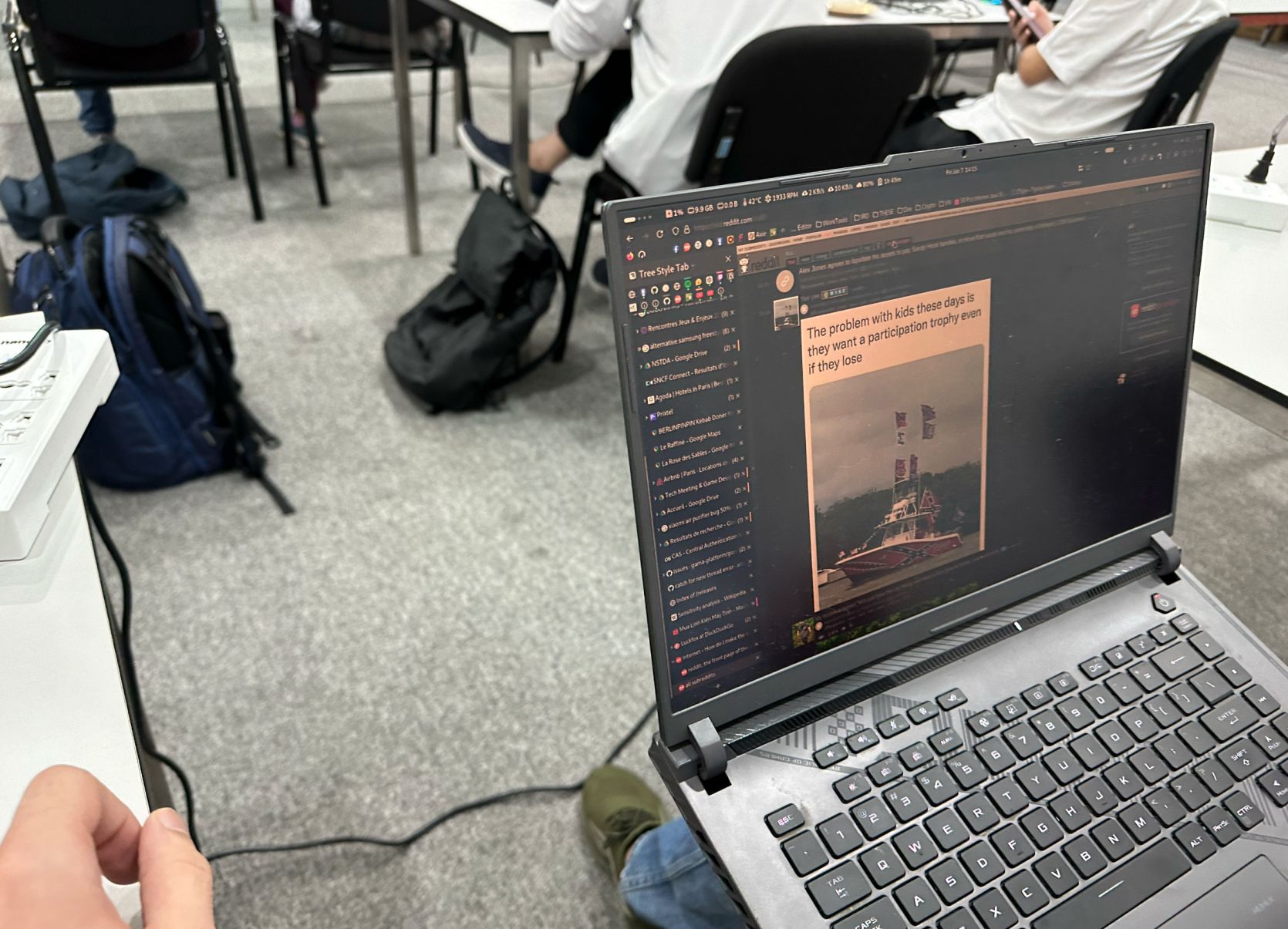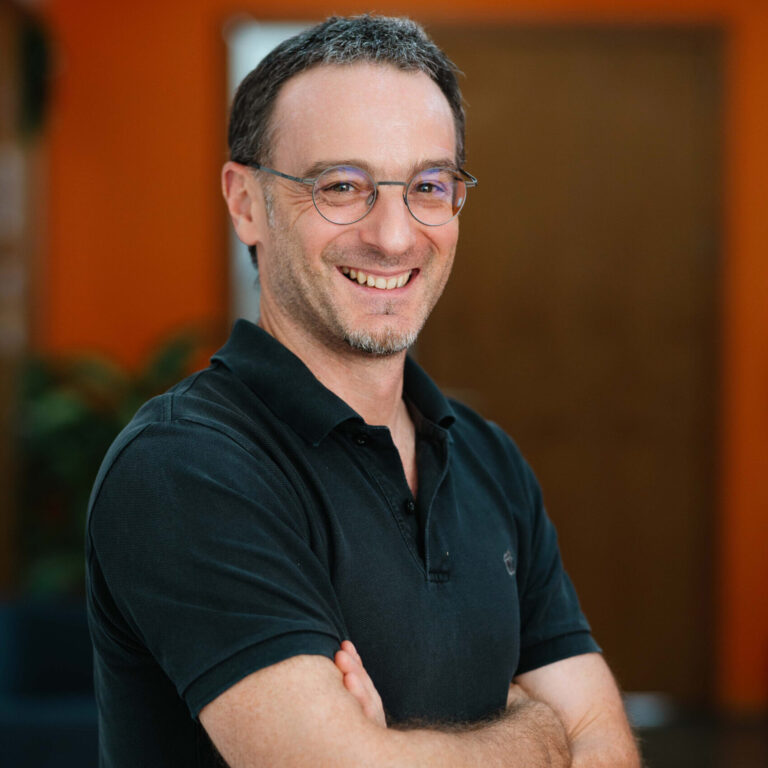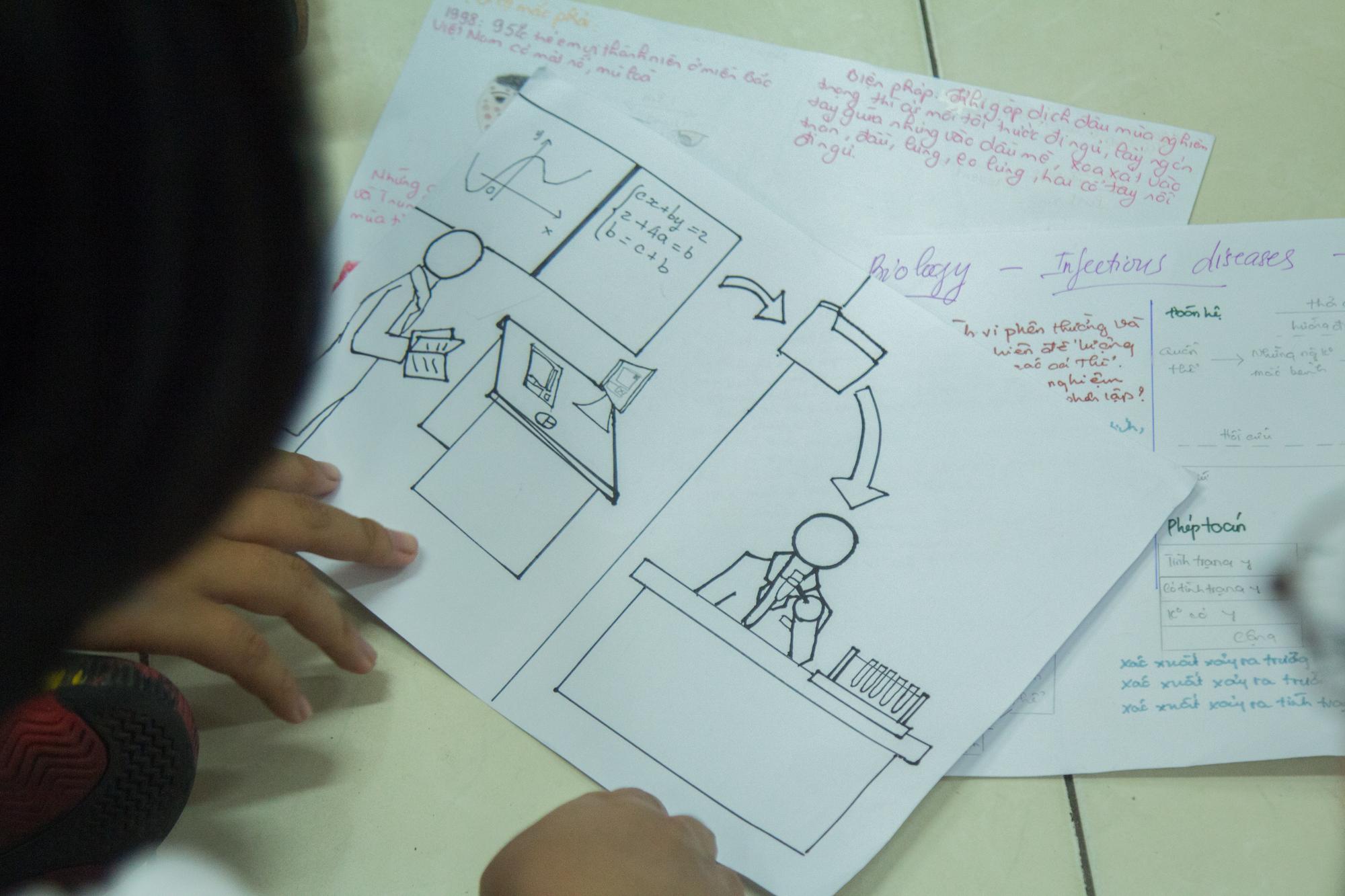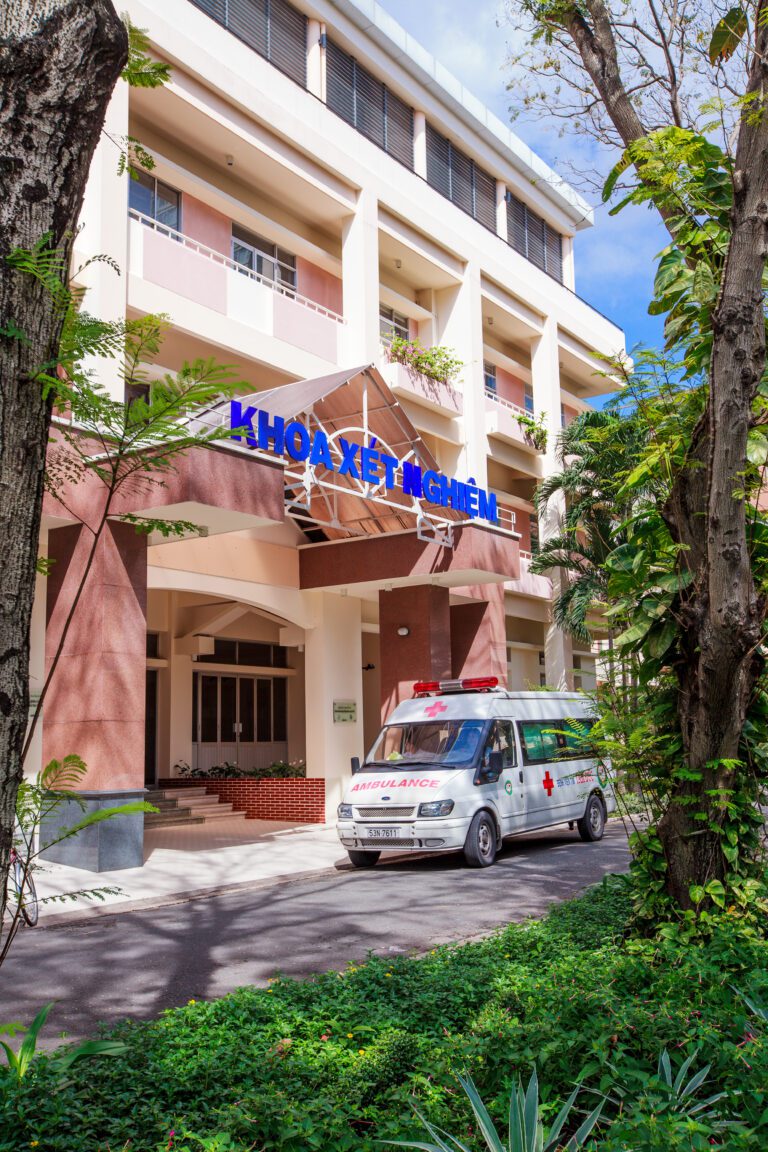Ho Chi Minh City – In June 2024, the Mathematical Modelling Group of Oxford University Clinical Research Unit (OUCRU), in partnership with Across Lab and IRD, organised an engaging course titled “Agent-based Modelling (ABM) with GAMA” in Ho Chi Minh City. The five-day course brought together 30 participants from Vietnam, France, the USA and Thailand, to explore the practical application of ABM in health science.
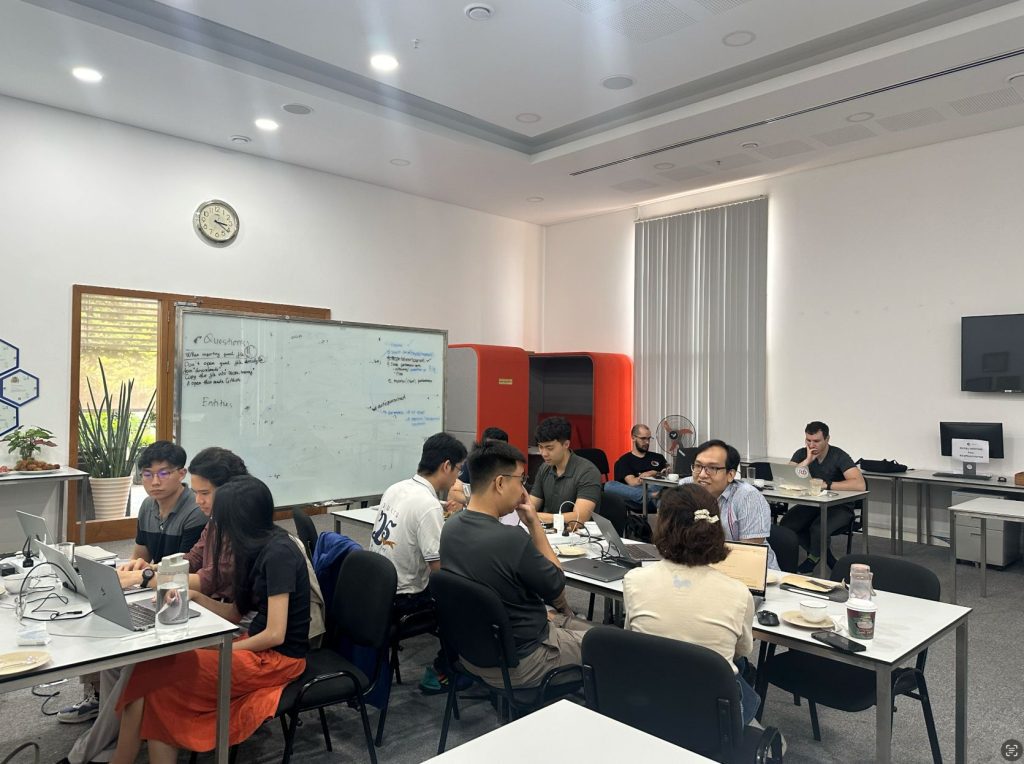
Agent-based Modelling (ABM) is an algorithm-based approach that focuses on understanding how an agent (e.g., individuals in a population), characterised by various attributes and behaviours, interacts with their environment and each other.
It has proven useful in various fields, particularly in understanding complex population behaviours. ABM has gained significant attention in epidemiology, especially during the COVID-19 pandemic, as it allows for detailed modelling of individual behaviours.
Despite its potential, ABM has been underused in health sciences due to the requirement of extensive computer programming. In this course, OUCRU introduced GAMA, an ABM simulation platform that has emerged as a user-friendly and efficient tool. This tool enables even non-computer scientists to easily comprehend and utilise ABM in their research.
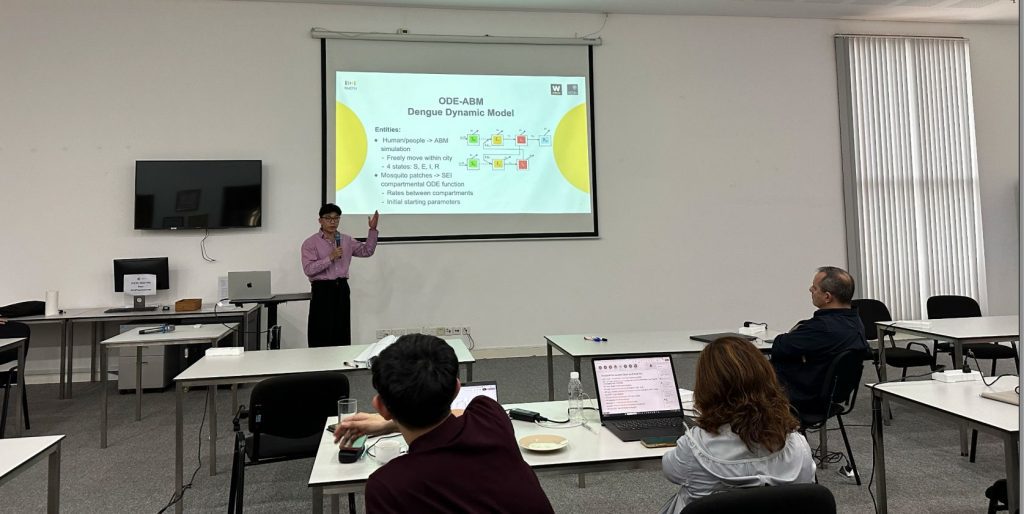
Led by experienced instructors, including Dr Alexis Drogoul, the course consisted of a balanced mix of theoretical lectures and practical sections, allowing participants to grasp the concepts and effectively apply them in real-world scenarios.
One of the course highlights was the collaborative group projects. Participants worked together on health sciences projects, applying GAMA to research such as modelling antimicrobial resistance in hospital settings, developing an ODE-ABM dengue dynamic model, creating a surveillance network, and exploring regional outbreak risks for measles. Each group had the opportunity to present their models, receiving constructive feedback and guidance from instructors and peers.
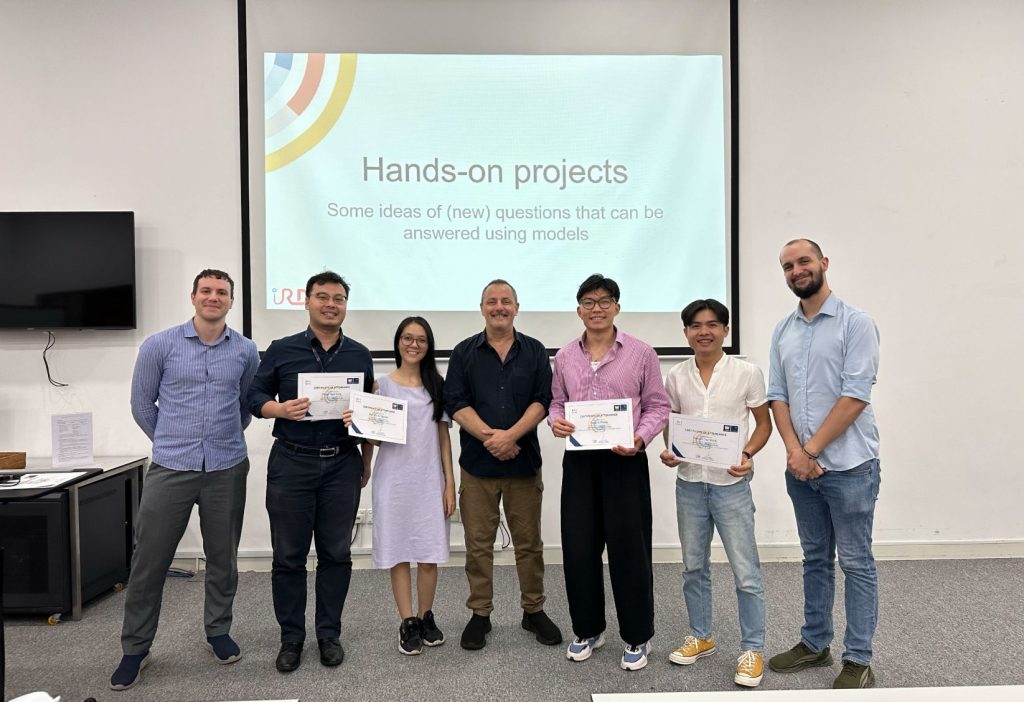
The ABM course by the GAMA team was very refreshing for many of us who have been doing some modelling work, as well as for some participants who were from other disciplines. While we were learning this new amazing modelling technique, we were able to apply the models to some real-world questions. It is very practical.
Assoc Prof Wirichada Pan-ngum, MORU, Bangkok
The course provides participants with the knowledge to command ABM using GAMA, empowering them to tackle complex problems in health sciences. Through this, we seek to drive scientific progress and facilitate the development of impactful health interventions.
Stay updated for future courses and workshops organised by OUCRU, as we remain committed to providing platforms for learning and collaboration in health sciences.



